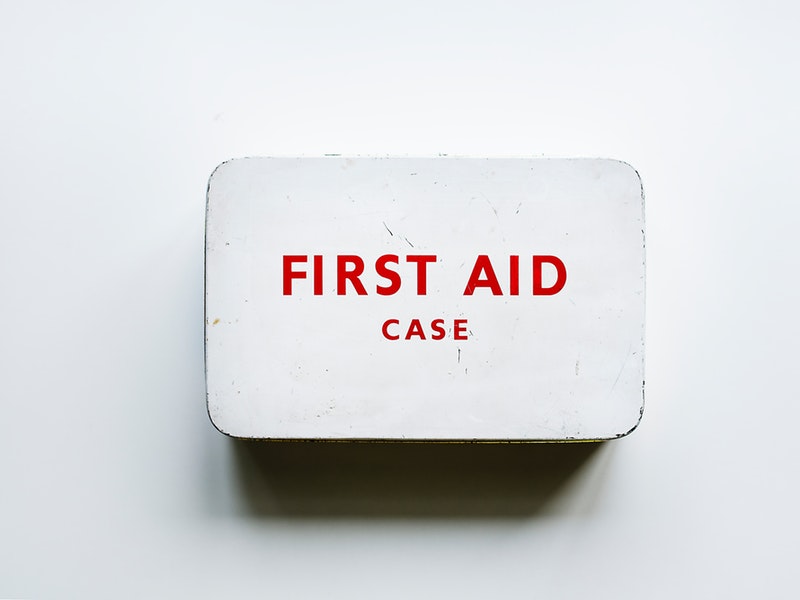According to a 2018 Bankrate.com survey, 55 million Americans said they had nothing saved in an emergency fund. That means that one accidental fall, one company reorganization, or one burst pipe could send nearly a quarter of the population into financial trouble.
This is a startling statistic and one that highlights the importance of an emergency fund at all stages of life. Emergencies don’t stop to consider your age, health, or current financial situation—they happen regardless of those external variables. Therefore, it’s important to plan ahead.
Emergencies Still Happen
Emergencies happen at every age, including retirement. Unfortunately, most articles about emergency saving are geared toward your working life. Now that you aren’t working, or are only working part-time during retirement, your emergency fund needs have changed. For example, you may not need an emergency fund to protect you and your family in case of job loss. But you will need an emergency nest-egg to cover unexpected retirement expenses like medical bills.
Did you know that an average retired couple will spend about $285,000 in medical expenses in retirement? The study was done by Fidelity and shows just how much money health care can cost both new and seasoned retirees. Even if you have Medicare and any of its supplements, the plans do not cover everything and can lead to many copays, deductibles, and other out-of-pocket expenses.
That $285,000 doesn’t even take into account any long-term care needs you may face which could really impact your savings. As you age, you are also more likely to require more medical attention which can leave many retirees unprepared and tapping into their retirement accounts to front the bills.
How Much Should You Have Saved?
In order to determine the amount of money you need in your emergency fund in retirement, it’s still important to take your daily expenses into account. Once you do that, you can consult your retirement budget and walk through your day-to-day expenses:
- Housing (rent, mortgage, etc.)
- Utilities
- Food
- Credit Card
- Loan payments
- Transportation
- Entertainment
- Insurance coverage
- Health care
Add those expenses up to determine the baseline amount that you will need to cover these expenses should something go wrong. Once you have that number, the next step is to think about the amount of time you may need to have those expenses covered.
Traditional advice urges people to keep 3-6 months of their living expenses in an accessible, cash-only emergency fund. This number is based on the idea that you will find another job if you lose it or that you will be able to get back on your feet quicker. In retirement, that may not be the case at all. If you or your partner undergo major surgery or incur other medical expenses you may need your savings to last you a bit longer.
Play it safe, and consider keeping anywhere from 6-9 months of living expenses in your emergency fund. This buffer will protect you and your nest egg from taking major hits from medical emergencies.
Where Should You Keep Your Emergency Fund?
Some things about emergency funds don’t change when put in the context of retirement. For example, where you should keep your emergency savings stays consistent whether you’re employed full-time, or you’re happily retired. You will still want your account to be highly liquid and protected so that you can access the money quickly and safely should you need to.
A traditional savings account is a great place to store your emergency fund. It’s both liquid and federally insured, and won’t cost you any penalties for withdrawing. While this account doesn’t come with a high interest rate, meaning your money won’t see much of a return over time, it won’t be subject to fluctuating investing markets, and will remain relatively consistent in value over the course of your retirement should you need it.
Remember, emergencies happen at any age even in retirement. Keeping a generous emergency fund in your retired years will help protect you from the unexpected hurdles life can throw at you. If you would like to talk about how much you should keep in your emergency fund, give us a call!


